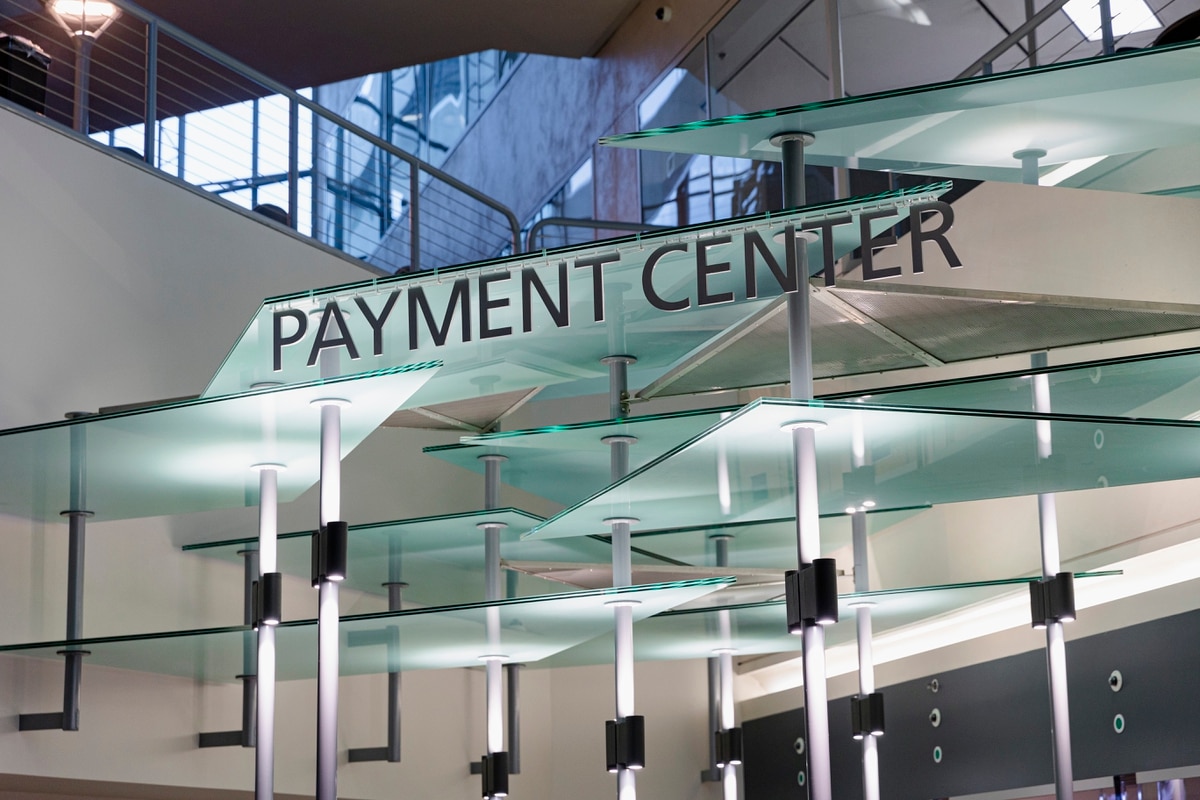The city of Ontario, Oregon, had a dream: build a second bridge across the Snake River using the tax revenue collected from cannabis sales.
Many of Oregon’s towns had come to rely on weed tax revenue as discretionary funds they could use to help pay for law enforcement, parks, libraries and infrastructure, and to backfill general fund budgets.
Taxes on cannabis, along with the alcohol tax, were one of the state’s only tax revenues that actually grew during the pandemic.
If you’re a city like Salem that relies on parking fees, those meters have lost revenue,” Gharst adds.
He says local governments have used weed tax dollars far more broadly than voters intended when they legalized recreational cannabis in 2014.
The state excise tax on weed sales already stands at 17%, plus a 3% local tax.
Lynn Findley , who supported Senate Bill 864, tells WW that Measure 110 stripped Ontario of much of its funding.
“The city is just trying to figure out how to make themselves whole,” Findley tells WW.
Sophie Peel is a Portland native who earned a Journalism degree from Mercer University in Macon, Georgia where she reported on education, poverty and politics.
